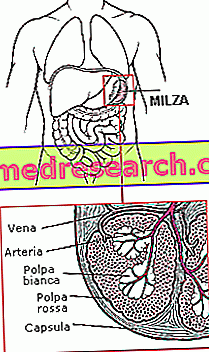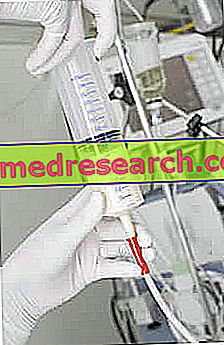
One of the consequences that can cause alcohol abuse is a myocardial disease - the heart muscle - called alcoholic cardiomyopathy .
Cardiomyopathies are pathologies that are characterized by an anatomical modification of the heart muscle, a modification that negatively affects the functional level, with sometimes very serious consequences on the functioning of the heart.
Indeed, those who suffer from cardiomyopathy have a weak and less effective heart in its blood pumping action.
The myocardial alterations that take place due to alcoholic cardiomyopathy consist in a dilation of the left ventricular cavity and in a thinning of the latter wall ( dilated cardiomyopathy ).
Most patients with alcoholic cardiomyopathy are between 35 and 50 years old and are female . According to the doctors, the large number of women patients is explained by the fact that these subjects, having a body generally smaller than the male, develop the disease after lower alcohol intake than men.
The typical symptoms of alcoholic cardiomyopathy consist of dyspnea (ie shortness of breath), edema (or swelling) in the legs and hips, palpitations, irregular heartbeat, fatigue, recurrent fatigue, dizziness, fainting and coughing.
Failure to treat tends to extend dilation to the left atrium and to the right ventricle and this can result in the death of the sick person.


